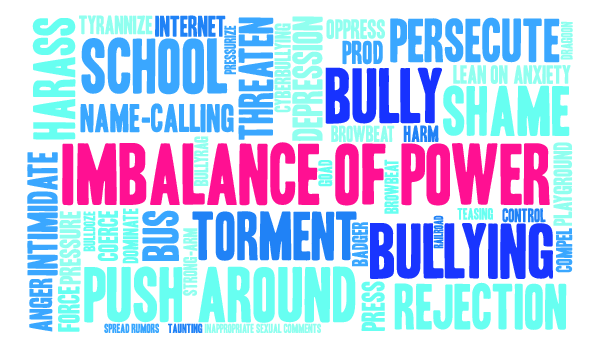 It’s in the news every day—an accusation, finding, or admittance of guilt. Both kinds of sexual harassment—quid pro quo (I do something for you and you do something for me) and creating a sexually hostile work environment. And it is often related to an imbalance of power.
It’s in the news every day—an accusation, finding, or admittance of guilt. Both kinds of sexual harassment—quid pro quo (I do something for you and you do something for me) and creating a sexually hostile work environment. And it is often related to an imbalance of power.
When I was a consultant for a regional service center, I had a superintendent ask me if I would come over for an afternoon to discuss some of the issues in his district. I did. He suggested that we go out to lunch. We did. Then he suggested that we go for a drive to see his boat. I said no. I needed to go pick up my child from daycare. I was so naïve.
When I finally figured out what the “discussion” was, I did not know whether to laugh or cry. I was so behind at work, amused that I would be a target for a sexual advance, and alarmed that I had missed the intent and signals. I told my boss, never mentioned the incident to the superintendent again, and made certain I was never alone in a space with him again.
What is it about sexual harassment that makes it so offensive? For many people, it is about jeopardizing safety and belonging. The gut area of your body (where safety and belonging feelings are often experienced) has more neurons and neural connections than either the spinal cord or the peripheral nervous system. Around 90% of the serotonin in your body is not found in your brain but in your bowels.
When the gut area of your body is disturbed—your sense of safety and belonging—then it will elicit feelings of guilt, shame, pain, unworthiness, lack, and victimization. In short, a person just feels dirty. And there are all of these thoughts like “What if…” and “I should have or should not have…” or “What is wrong with me that I did not figure that out…?” and underneath all these thoughts is a gut feeling: UGH!
When it happened to me I thought to myself, “Here I am, 30 years younger than you, getting up at 4 a.m. so that I can get my work done, get my child to daycare, and be a good wife to my husband…I know you are powerful and have more clout than any of the other superintendents. And I guess you are bored, looking for a new opportunity? UGH!”
Then there is the thought, “What if it happens again?”
There are also the truly subtle forms of sexual harassment that are so hard to define or address, like nonverbal undressing with the eyes. A 16-year-old girl I know had her Algebra I teacher say to her in front of the class, “Even a pretty girl like you should be able to understand this.” It would have been just as offensive if he had said to a male student, “Even a big stud like you should be able to understand this.” Sexual harassment can be subtle, and it does not belong to a gender.
For me the very root of it is about endangering safety and belonging. For me, that is why sexual harassment is so offensive.








